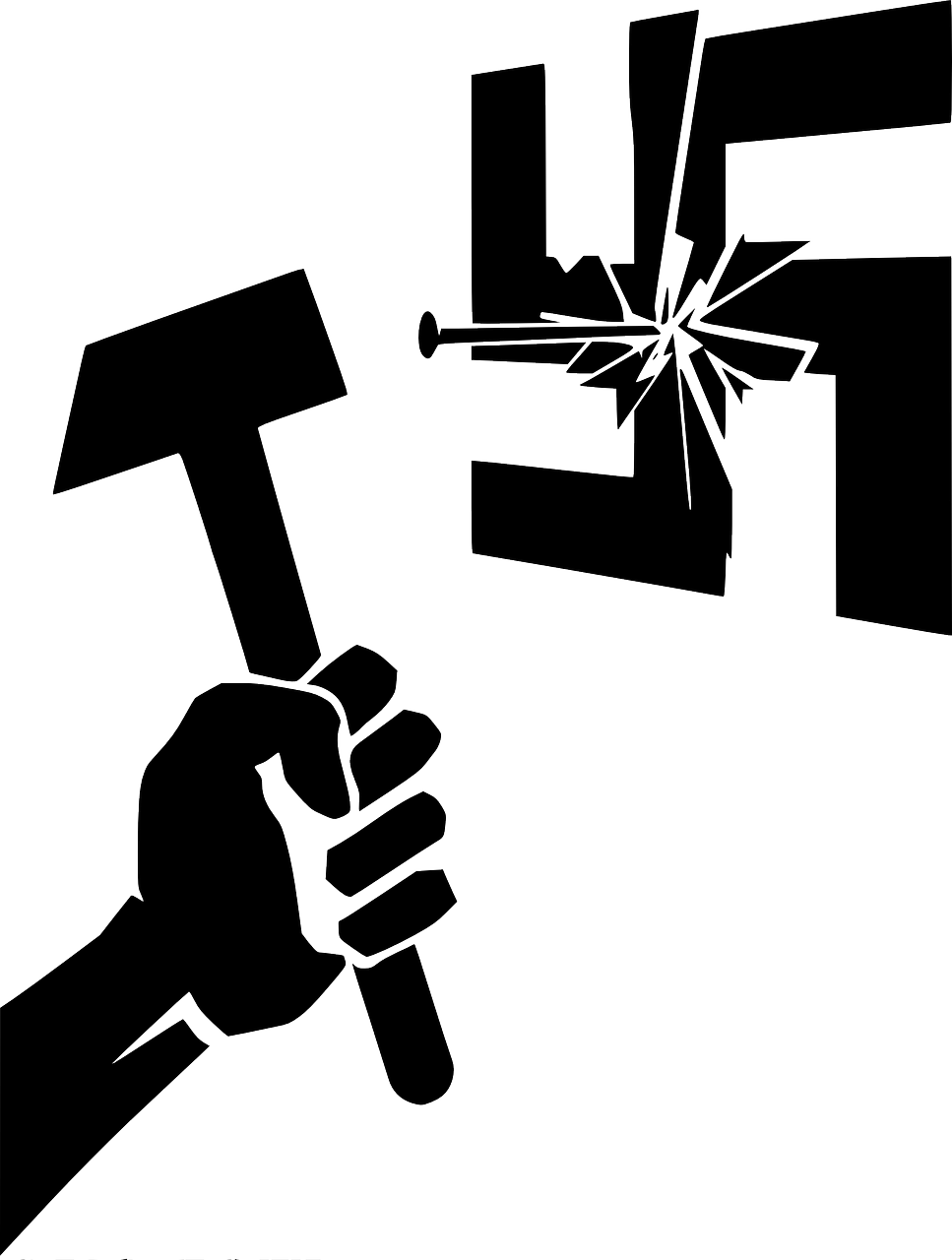Revolution Right Now: The Ends are the Means
/image from pexels
There’s been a lot of talk about revolution here at SQUABBLER – lots of wild ideas about total systemic overhaul – and you might be wondering: what the hell can I do? Maybe Thatcher was right, you might be thinking, maybe there really is no alternative.
But there is. The revolution isn’t a distant idea. It is already happening.
War All the Time
image from pexels
The important thing to understand is that revolution is not utopianism. It is not about imagining some perfect society and then striving towards that. Revolution is a constant process of change, of adaptation. The old anarchist motto says it all: “live as though you were already free.” The means are the ends. Revolution is a daily activity.
It begins by knowing your enemy. Who is it that is preventing you from living the life you want to live? Is it a cruel landlord? A petty manager? Or is it the government which has failed to provide its citizens affordable housing and the economic system that drives us into jobs we’d rather not have simply to make money? Is it mediated images of white supremacist hetero-normative patriarchy through Hollywood films and television or is it the performative resistance to this and a false alliance to progressive ideals by companies who profit off of systems of inequality? Is it the cops? Is it the supermarkets? Is it the entire state which exists only through the assertion of force, the theft of land and the sustaining rewards of racism?
It is all of these.
Revolution is not simply fought in the streets. It is not necessarily destructive, though destruction may help. As Mikhail Bakunin says, “the destructive act is also a creative passion.” This may have worked in an industrial society, against a state apparatus of discipline and punish. But today, in our interconnected surveillance society, beneath the eyes of money-powered Control, revolution is best fought with your wallet.
I’m not talking about “shopping locally,” or “buying organic.” These are middle-class responses. Most people can’t afford to do this. I’m talking about food-security education: learning how to grow your own food, access community gardens, how to take over otherwise disused green spaces in your neighborhood and begin to understand how to manage your own food supply.
More importantly, I’m talking of how not to buy. If we have learned the many names of our enemy and seen how they all answer to the supreme name of Capitalism, then we must agree that the replication of capital through buying and selling is an action in service to the adversary.
Simply put, the most revolutionary act you can do is to stop spending money on absolutely anything you don’t need to. Steal music, go to a library, shoplift if you feel like it and accept the risk. These are truly revolutionary acts that present a direct challenge to the concepts of exchange and property that underpin capitalism.
Challenge yourself.
image from pexels
Mainstream media reinforces the status quo which legitimizes capitalist hegemony. Mainstream narratives either are encoded with bigoted thought or perform our resistance for us by paying lip service to anti-capitalist ideas whilst tightening the grip of very regime they decry. Films, television, and popular music are all equally guilty of this. Better to seek out the bizarre, the formally experimental, the challenging. Especially difficult works produced by people marginalized by the current system. Read from small presses, discover music on Bandcamp or Soundcloud. Better yet, make something yourself.
Creation is Resistance.
Stasis is the enemy. Comfort is complacency. Capitalism would have us stalled in every motion that is not directly related to production and consumption. That’s a nice hobby, says Aunt Thea, but what do you do? Creation is not necessarily production. L’art pour l’art is a direct challenge to the capitalist notions of entertainment and economic service that artists have long been shackled to. Make something and give it away. Write a book to pull the pillars down. Make a beat, write a song. Never sit still and always be exactly who you want to be. This is revolution.
The political is personal. We are holding ourselves back and others less fortunate than us every time we participate in the economy. The market is responsible for global warming, the market is responsible for wide-spread inequality. The market means you are not free. Revolution exists wherever capitalism is resisted. Capitalism exists wherever capital is self-replicated.
Ask yourself: do I want a better world or a better phone?
Matthew Smith
Matt is a writer, musician and actor based in the unceded Algonquin territory commonly known as Ottawa. He loves dogs, hates cops, drinks too much tea and overthinks everything.
Twitter: @Squabbleronline


















